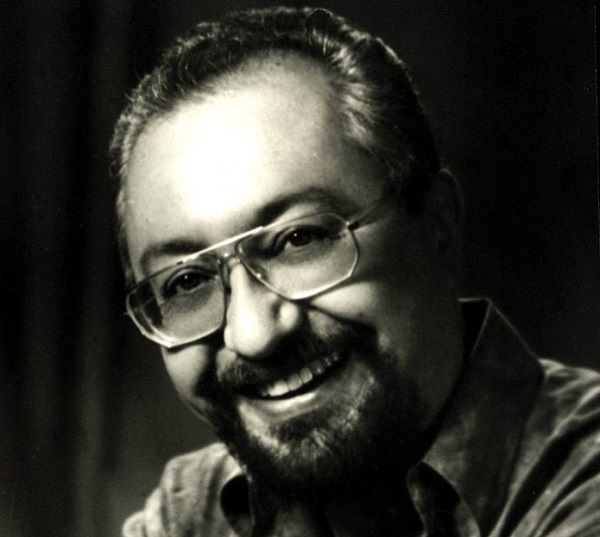By José Lanza Salazar
Bolivia is a country with a colourful ancestry. Its ancient past gives it a richer lineage than many other American nations. Successive studies have increased our knowledge of its past, showing not just one culture, but various cultures full of local character, some of which have spread over a vast Andean region, influencing territories that now belong to neighbouring countries.
Being situated in the ‘Heart of America’, it has all the geographic diversity of our continent except the sea, reaching as it does from the Andes Mountains to the Amazonian jungles, through to the fertile plains. It also has two major ethnographic regions: Lake Titicaca, and the Yungas, a region inhabited by Afro-Bolivians.
This diversity gives Bolivia an incomparable wealth of folk culture, with a whole spectrum of music, dance and cuisine. Each region has marked characteristics in traditional instruments, melodies, rhythms and dances, and this has had a great influence on the popular and folk music of several of our neighbours.
Bolivia does not have a ‘showcase’ stage folklore; it lives its music, lives its dance, lives its crafts and lives its cuisine. It is not limited to performance scenes or to display cases.
There has been a continuous development of instrumental ensembles, vocal and dance groups, and we can say that today Bolivia is a country with many highly artistic groups.
Despite this wealth of music, choral music in Bolivia is fairly new. It began in the early 1950s, with a choir in La Paz and a few other attempts in other cities. But it is from the mid-1960’s that the development of choral music began to become noticeable, with the creation of the Bolivian Choral Society, the Santa Cecilia Choir, Santa Cruz, and the University Sucre and Oruro Choir; and today we can say that there is a notable choral diversity in the country.
The Bolivian Choral Society has participated in the staging of almost all the great operas and operettas performed in Bolivia since 1972, and has played an essential role in the major symphonic choral concerts taking place in Bolivia over the past four decades. Its repertoire of “a cappella” music is vast, ranging from Renaissance madrigals to contemporary music, and includes the folk and popular music of various European and American countries. The choir has performed combined works, including, amongst others, works for choir and native instruments, choir and solo guitar, choir and piano and percussion, choir and rock band, choir and drums.
The Choir’s move into choral-rock music has been an enormous success with young `people who previously would not have attended choral concerts. During the last decade it has staged tributes to Queen, The Beatles, Pink Floyd, and ABBA, and concerts called “Rock Choir Celebration” with selections from the beginnings of rock music. It also has produced a wide selection of CDs and cassettes.
The success and prestige obtained over four decades aroused the envy of the former Minister of Culture, who intervened politically in the Bolivian Choral Society, forcing out Maestro Joseph Lanza, who had been its leader for forty years. In the face of this abuse, 75% of the members of the Stable Youth Choir resigned, inviting Maestro Lanza to go on directing them, continuing the success that has characterized his long artistic career.
Since July of last year, he has presented different Concert cycles with his four choirs – the two mentioned above, and the chamber choirs “Vox Juvenæ” and “Voces de Oro” (Senior Citizens). The concerts were always packed with an enthusiastic and affectionate audience, who wanted to express their support for his uncompromising artistic career.
The Royal College – to which the Bolivian Choral Society was linked for almost 29 years (1981-2009) – opened its doors to the cast allowing them to perform independently from the Bolivian state.
In July 2009, Maestro Lanza presented a collection of 4 issues of “Paceña Choral Music”, sponsored by the Mayor’s Office of the Municipality of La Paz, which includes a small part of the repertoire of “a cappella” choral music which he has directed for nearly four decades. His love for the work motivated him to prepare this collection, designed as an attempt to leave future generations of choir directors a selection of music and choral versions in arrangements made by leading national musicians, with the hope that it will be shared by all the choirs of the country and will also enable choirs in other nations to incorporate Bolivian choral music into their repertoire.

